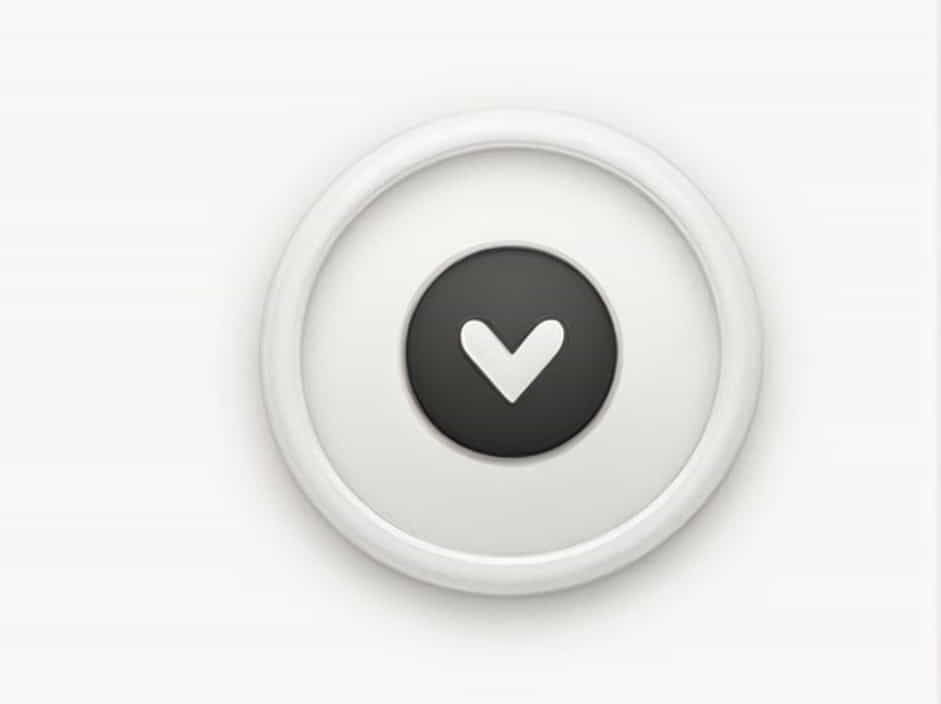The word blameless is used to describe someone or something that is free from guilt, wrongdoing, or fault. It often refers to individuals who are innocent, morally upright, or beyond reproach. For example, a person who follows the rules and does nothing wrong can be considered blameless.
Finding the right synonym for blameless allows for more precise communication, whether in writing or conversation. This topic explores various synonyms for blameless, their meanings, and how they can be used in different contexts.
Understanding the Meaning of Blameless
To fully understand blameless, let’s break it down into its key characteristics:
-
Free from fault – No wrongdoing or mistake can be attributed to the person or thing.
-
Innocent – Not guilty of any crime or offense.
-
Morally pure – Behaves in an ethical and honorable way.
-
Beyond criticism – No valid reason exists to blame or accuse.
For example:
-
She lived a blameless life, always helping others and following the law.
-
The judge found him blameless in the incident.
Best Synonyms for Blameless
There are several words that can be used instead of blameless, each with slightly different meanings. Below are some of the most effective synonyms and how to use them.
1. Innocent
Innocent refers to someone who has not committed any crime or wrongdoing.
Example:
-
The child was innocent and unaware of the conflict.
-
She was proven innocent after the investigation.
Difference from Blameless:
While blameless can refer to moral purity, innocent is often used in a legal or factual sense.
2. Faultless
Faultless describes someone or something that is perfect and without mistakes.
Example:
-
His performance was faultless from beginning to end.
-
She gave a faultless explanation that left no room for doubt.
Difference from Blameless:
Faultless emphasizes perfection, while blameless focuses on not being at fault.
3. Guiltless
Guiltless means free from guilt or wrongdoing.
Example:
-
The suspect was found guiltless after the trial.
-
She had a guiltless conscience because she had done nothing wrong.
Difference from Blameless:
Guiltless is stronger in a legal sense, while blameless can also refer to moral uprightness.
4. Impeccable
Impeccable refers to something that is flawless or perfect in behavior or quality.
Example:
-
His reputation was impeccable because he never broke the rules.
-
She had impeccable manners and always treated others with kindness.
Difference from Blameless:
Impeccable suggests perfection, whereas blameless simply means free from fault.
5. Pure
Pure describes someone who is morally clean or free from corruption.
Example:
-
She had a pure heart and always thought of others.
-
His intentions were pure, without any selfish motives.
Difference from Blameless:
Pure emphasizes moral goodness, while blameless is about being free from blame.
6. Unblemished
Unblemished means without flaws, damage, or dishonor.
Example:
-
His record as a police officer was unblemished.
-
The company had an unblemished reputation for honesty.
Difference from Blameless:
Unblemished often refers to reputation or history, while blameless applies to individual actions or moral character.
7. Upright
Upright refers to someone who is honest, ethical, and morally strong.
Example:
-
He was known as an upright leader who never took bribes.
-
Her upright nature made her a role model for others.
Difference from Blameless:
Upright focuses on moral integrity, while blameless highlights the absence of fault.
8. Honest
Honest describes someone who tells the truth and acts with integrity.
Example:
-
He was an honest businessman who never cheated his clients.
-
She gave an honest answer, even though it was difficult.
Difference from Blameless:
Honest focuses on truthfulness, while blameless emphasizes not being at fault.
9. Virtuous
Virtuous means morally excellent and full of good qualities.
Example:
-
She lived a virtuous life, helping those in need.
-
His virtuous actions earned him the community’s respect.
Difference from Blameless:
Virtuous focuses on positive moral qualities, while blameless is about not deserving blame.
10. Righteous
Righteous refers to someone who is morally right and just.
Example:
-
He was a righteous man who always stood for justice.
-
Her righteous actions inspired many.
Difference from Blameless:
Righteous emphasizes justice and morality, while blameless means not guilty of wrongdoing.
Choosing the Right Synonym
Each synonym has its own unique meaning. Here’s a guide to choosing the right word:
| If you mean… | Use… |
|---|---|
| Free from blame | Blameless, innocent, guiltless |
| Free from flaws | Faultless, impeccable, unblemished |
| Morally good | Virtuous, upright, righteous |
| Honest and truthful | Honest, pure |
Using the right word ensures clear and precise communication.
How to Use Blameless Synonyms in Sentences
Here are some examples of replacing blameless with its synonyms:
-
Instead of:He led a blameless life full of kindness.
Use:He led a virtuous life full of kindness. -
Instead of:Her actions were blameless and ethical.
Use:Her actions were upright and ethical. -
Instead of:The company had a blameless record in customer service.
Use:The company had an unblemished record in customer service.
The word blameless describes someone free from guilt, wrongdoing, or fault. Depending on the context, synonyms like innocent, faultless, impeccable, virtuous, and righteous can help express similar meanings.
By understanding these synonyms and their nuances, speakers and writers can communicate ideas more effectively and with greater precision.
